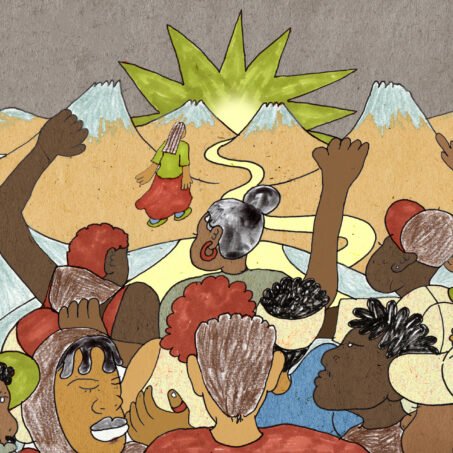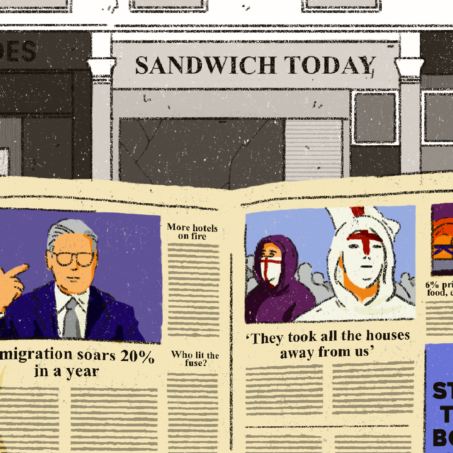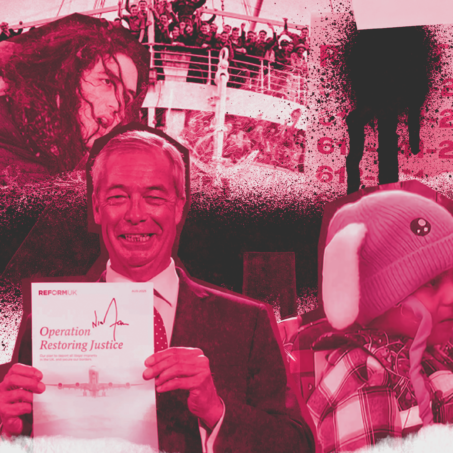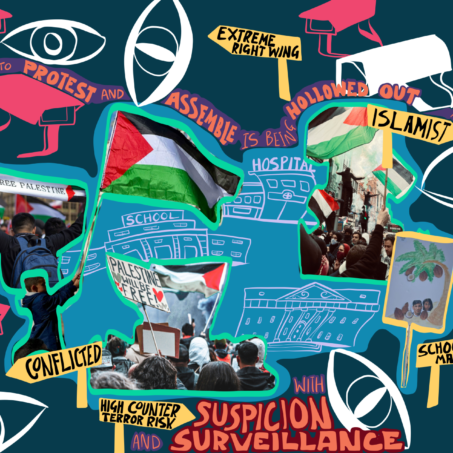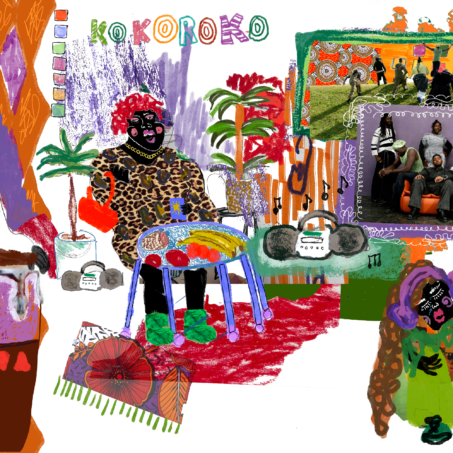As we approach COP26, students and young people are calling on world leaders to take transformative action to halt the climate emergency – no ifs, no buts, no cop outs. As Boris Johnson begins hosting hundreds of world leaders next week, they have an inescapable decision to make: will they follow Donald Trump’s legacy and continue investing in fossil fuel infrastructure such as the Cambo Oil Field development? Or will they listen to activists from across the global student movement who are rejecting a system that prioritises profit over people and planet.
When I head up to Glasgow to attend the summit next week, I’ll be coming together with those across the global student movement to make the case that we need to drive forward a radical reimagination of the education system and the world. The beginnings of this system change can be summed up by 3 D’s – Divestment, Decarbonisation and Decolonisation.
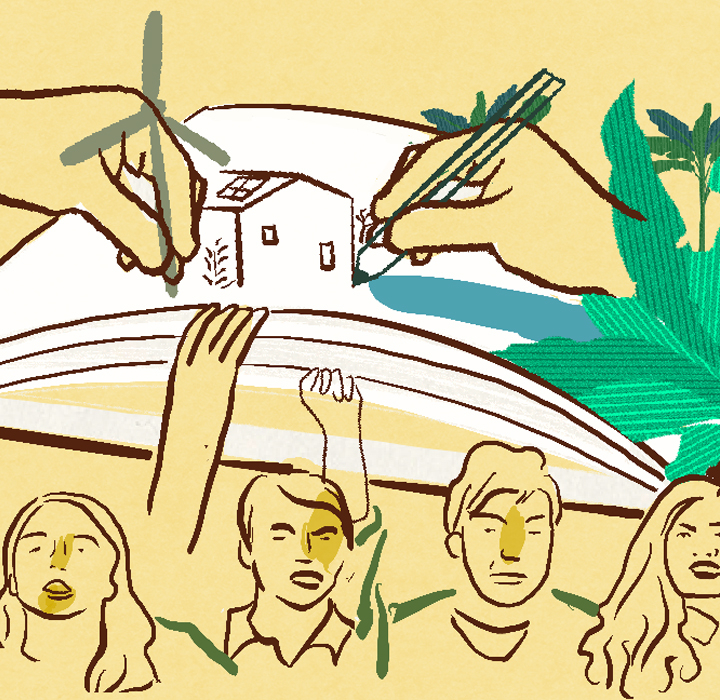
It is unfathomable that, as we are about to host COP, the UK’s financing of fossil fuel extraction continues. Divestment from fossil fuels, the arms trade, and other unethical industries is a crucial first step towards economic justice. It’s not just our government that is complicit – local authorities, Universities and other institutions are too. The companies that they finance continue to pollute our planet and disproportionately harm people of colour in the Global South.
After countless protests, rallies and stunts led by student organisers up and down the country, 2020 marked 50% of UK universities divesting from fossil and, since then, more have joined this trend. If we want to get serious about the climate, governments and institutions must let COP26 be a watershed moment. They must all finally divest from abusive profit and redistribute resources towards racial justice and climate justice.
In order to halt the global temperature rising and meet the Paris Agreement to limit global warming to 1.5 degrees Celsius, we need rapid and wholescale decarbonisation to stop releasing dangerous carbon compounds into the atmosphere. In the past few years, we’ve seen the consequences of inaction, with unpredictable weather events ranging from forest fires in India to widespread flooding displacing millions across China.
But in order to win a world free from uncontrollable weather patterns, more must be done. We must enact system change like that described in the Green New Deal, which calls for the complete decarbonisation of our economy in a way that safeguards the lives and livelihoods of marginalised folks..
Thinking about the power of the education system in this transition, we applaud Teach the Future’s campaign for climate education which not only advocates for sustainability to be taught across everything we learn, but also includes the need to transform where we learn by retrofitting all educational buildings. Across the student movement, we are reimagining a new vision for education, where our systems of teaching and learning belong to the students, staff and communities they exist to serve; an education system that inspires and empowers students to build a sustainable world.
These routes to recognising our agency are more important than ever, because the challenges we face require transformation beyond what any current government can deliver. We need people-powered, anti-racist movements that reckon with the colonial roots of the climate emergency.
The climate crisis is a racist crisis. The responsibility of the UK in the face of the climate crisis is not only down to emissions in the present; we must also consider the historical debt the UK owes the rest of the world. It was the British Empire that created and exported the exploitative and environmentally destructive model of industrial capitalism that has fuelled the crisis we now face.
Based on our historic emissions, particularly driven by our rampant use of coal during the industrial revolution, the UK is more responsible for the climate emergency than any other nation on earth. The UK’s history of colonialism which contributed to the wealth of the British Empire was rooted in the same exploitative models of economics that have created the climate crisis.
This trend continues the world over: countries in the Global North are profiting the most and bear the biggest responsibility for the impact of the climate emergency, while countries in the Global South contribute the least but are disproportionately more greatly affected.
As COP26 kicks off tomorrow, let’s not have another climate horror show - we cannot afford to let this summit go by without fundamental system change. Students and young people are tired of watching our politicians go through the motions, wheeling out catchy soundbites about deadlines decades away, only to find that nothing has truly changed. With the world’s most powerful people in one room, Boris Johnson has a chance to secure a deal for divestment and decarbonisation and he must be held to account.
But we cannot leave it up to politicians and their agendas. It is up to us – the people – to reimagine the world through a decolonial lens; to fight for a world rooted in peace, justice and liberation.
Get involved by joining NUS’ Decolonise Education campaign, and through learning more about the great work of Students Organising for Sustainability and People and Planet.



